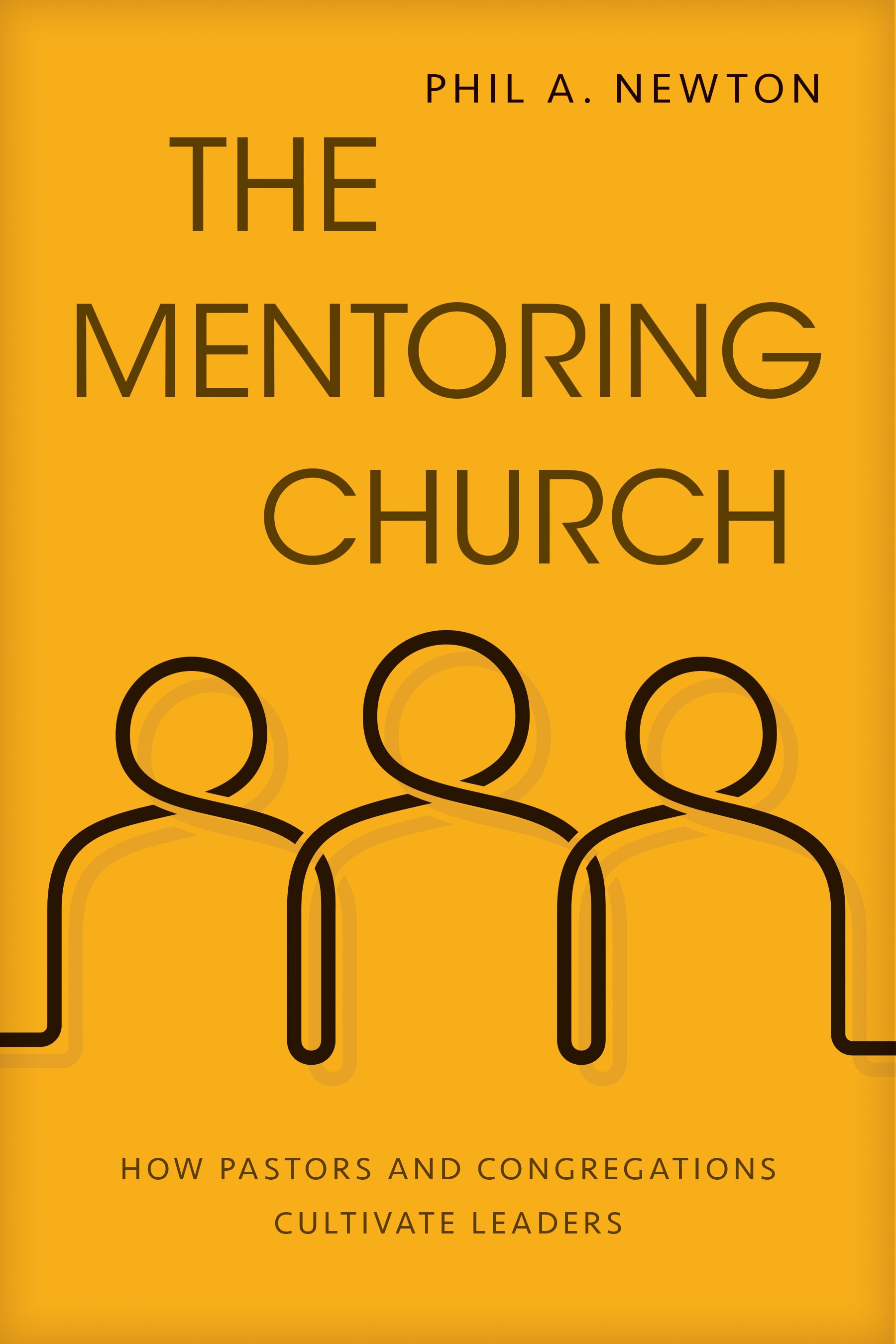How to be an Effective Mentor
August 09, 2018

When I was a junior in college, the dean saw me in the hallway one day and invited me to his office. He asked if I would be interested in doing a ministry internship at a church in the area, which would also count as three credit hours toward my religion major. I expressed interest and started familiarizing myself with that church and the possibilities. It ended up being one of the most significant, life-changing experiences of my life.
But here’s the odd thing. While the pastor was gracious to me, gave me lots of opportunities to teach and preach, and showed me the ropes along the way, he didn’t mentor me spiritually, theologically, missiologically, or pastorally. He was a helpful friend, but he didn’t intentionally try to help me toward learning pastoral work. However, some people in the congregation did, even though they didn’t realize they were shaping me for future ministry.In that setting I began to learn about the effect of the congregation, alongside pastors, in mentoring for ministry. It just so happened at that church that the congregation had far more influence on me than the pastor. Things I learned with them, relationships we built, and pastoral skills I developed over that two-year period are still with me more than forty years later. My experience of discipling, shepherding, teaching, and ministering together with these church members prepared me for my lifelong service as a pastor.
I tell you this to help you to think both broadly and narrowly about mentoring. There is not one correct way to mentor. Personalities differ, ministry students vary, and gifts and circumstances in a church setting come in countless ways, so to put mentoring into a box and think that it has to be this way and no other way is problematic.
In thinking broadly, there also are many contemporary models for mentoring. What you have in mind at present for establishing a mentorship program may fit well with your church. But it may not, so be willing to make changes, learn from what you’ve done well and not so well in the past, and learn from others.
Think narrowly too. By this I mean take the time to put some specific ideas together, pray through them, discuss them with your fellow elders and pastors, and discuss them with potential pastoral interns or trainees. Think about why you might start a mentoring ministry: to lay groundwork for future elders and leaders; to train up and send out church planters, pastors, missionaries, and church leaders; to disciple church members; or to strengthen the health of your church. Having a defined purpose will help to shape what you do.
Also, investigate what other churches and ministries in your community are doing. It’s surprising how many churches have some type of internship, mentorship, or ministry/leadership training program. Take time to observe, ask questions, read their material, and visualize how their model might fit into your setting.

The Mentoring Church
Ministry Book of the Year-The Gospel Coalition 2017 Book Awards
"Bringing up future leaders isn't just the job of the pastor but of the whole congregation. This is an urgently needed book in churches today."
--R. Albert Mohler Jr., president of The Southern Baptist Theological Seminary
The solid, practical solutions in The Mentoring Church offer churches of any size both the vision for mentoring future leaders and a workable template to follow. With insightful consideration of theological, historical, and contemporary training models for pastor/church partnerships, Newton is a reliable guide to developing a church culture that equips fully prepared leaders.
Ministry Book of the Year-The Gospel Coalition 2017 Book Awards
"Bringing up future leaders isn't just the job of the pastor but of the whole congregation. This is an urgently needed book in churches today."
--R. Albert Mohler Jr., president of The Southern Baptist Theological Seminary
The solid, practical solutions in The Mentoring Church offer churches of any size both the vision for mentoring future leaders and a workable template to follow. With insightful consideration of theological, historical, and contemporary training models for pastor/church partnerships, Newton is a reliable guide to developing a church culture that equips fully prepared leaders.
Above all, as you seek the Lord about mentoring, actively develop a model that fits you, your gifts, the gifts of those assisting you, your congregation, those in the mentorship program, and your community. Think on all these things. Don’t buy a “mentorship box” at a Christian store and unwrap it, thinking that it will suffice for your church. It likely won’t. Show leadership in how the Lord has uniquely shaped your congregation for training others.

PHIL A. NEWTON
Phil A. Newton (PhD, Southeastern Baptist Theological Seminary; DMin, Fuller Theological Seminary) is senior pastor at South Woods Baptist Church in Memphis, Tennessee. His previous books include The Way of Faith and Elders in Congregational Life.
